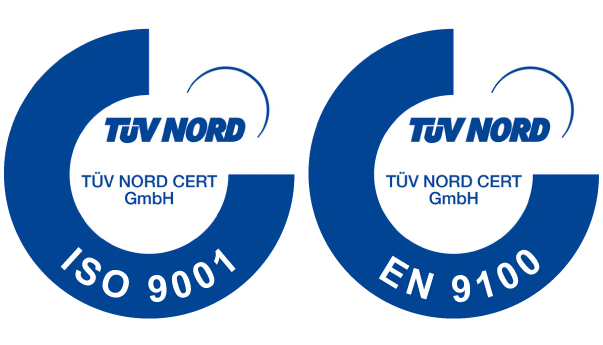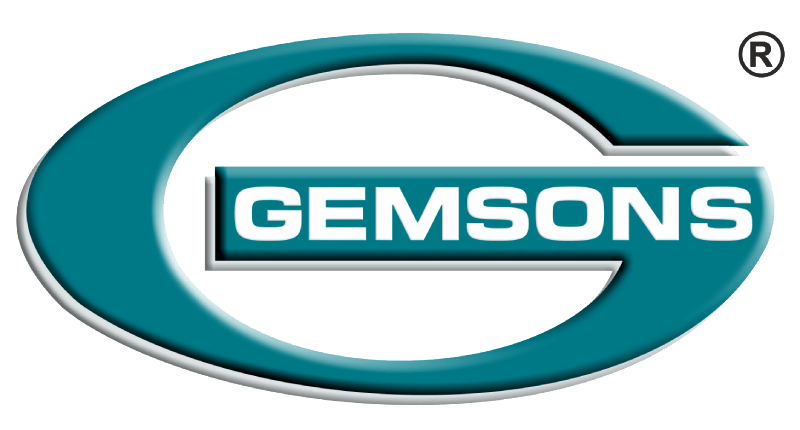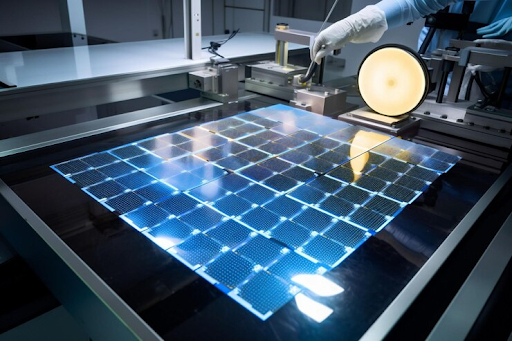The demand for renewable energy has surged as the world moves towards sustainable development. Solar panels, wind turbines, and hydropower systems are being adopted worldwide to reduce reliance on fossil fuels. At the core of this transformation lies the precision and efficiency of CNC machining services, which play a pivotal role in manufacturing components essential for renewable energy technologies.
The Role of CNC Machining in Renewable Energy
CNC machining is a form of manufacturing that involves automated control and precision tools to generate complex parts. Renewable energy applications often require custom high-performance components capable of sustaining extreme conditions, such as harsh weather and high mechanical stress. CNC machining services offer precision, scalability, and adaptability to meet these demands.
Applications in Renewable Energy
Wind Energy
CNC machining is important in producing the hub, shafts, and gearboxes of a wind turbine. All of these must be made accurately so that the part works perfectly under the constant pressure of the machine.
Solar Energy
For solar panels, CNC machining produces frames, brackets, and mounting structures that provide stability and durability. CNC precision ensures that these components fit perfectly, maximizing the efficiency of solar energy systems.
Hydropower
CNC machining allows precision-engineered turbines, nozzles, and other components to be produced that can tolerate high-pressure water flow. Parts must be of high quality to be safe and efficient.
Battery Storage Systems
The growth in renewable energy adoption relies on efficient energy storage. The enclosures and intricate components of battery systems are manufactured through CNC machining, ensuring reliability and longevity.
Benefits of CNC Machining for Renewable Energy
1. High Precision
Renewable energy systems utilize parts that must have exact tolerances. CNC machines create unparalleled accuracy, allowing for parts to fit into the entire system precisely.
2. Material Versatility
From lightweight aluminum for solar panels to sturdy steel for wind turbines, the CNC machine can cut many types of materials depending on what is needed for a given application.
3. Scalability
Renewable energy projects require both prototypes and large-scale production runs. CNC machining services provide flexibility in production volumes, ensuring timely delivery of parts.
4. Reduced Waste
The precision of CNC machining prevents waste material, aligning with the sustainability goals of renewable energy initiatives.
5. Customization
Renewable energy installations require specialized components. Through CNC machining, it would be possible to quickly prototype and create custom designs for specific project requirements.
Challenges in CNC Machining for Renewable Energy
1. Complex Designs
Due to the involvement of complex geometries, renewable energy components require advanced CNC machining, along with highly skilled operators, for successful processing.
2. High Material Standards
Renewable energy applications are made from materials that have to resist extreme conditions; hence the machinability of these materials is highly demanding as well.
3. Sustainability of the Manufacturing Process
Although CNC machining reduces waste, the energy consumption of machining processes must be addressed to further align with renewable energy goals.
Innovations in CNC Machining for Renewable Energy
1. 5-Axis Machining
5-axis CNC machining enhances the ability to create complex shapes and reduces the need for multiple setups, increasing efficiency and accuracy.
2. Advanced Materials
With the development of composite materials and alloys, CNC machining is continually evolving to work with these advanced substances, meeting the increasing demands of renewable energy projects.
3. Automation and AI Integration
Integrating AI and automation into CNC machining processes improves efficiency, reduces lead times, and ensures consistent quality, making it ideal for renewable energy applications.
The Future of CNC Machining in Renewable Energy
With advancing renewable energy technology, there will be increased requirements for high-precision parts. CNC machining will play an even greater role in the making of these innovations by advancing energy efficiency, durability, and scalability. Next-generation technologies such as additive manufacturing and hybrid machining might open new avenues for improved performance through CNC machining that might eventually lead to more sustainability.
Conclusion
CNC machining is a critical enabler for the renewable energy sector, providing the precision, reliability, and scalability required to manufacture essential components. By ensuring that every part meets stringent quality standards, CNC machining supports the seamless integration and operation of renewable energy systems.
Gemsons Precision Engineering Private Limited (GPEPL), with its decades of expertise in CNC machining services, is committed to driving advancements in renewable energy manufacturing. Their dedication to quality and precision positions them as a trusted partner for creating components that power a sustainable future.



Recent Comments